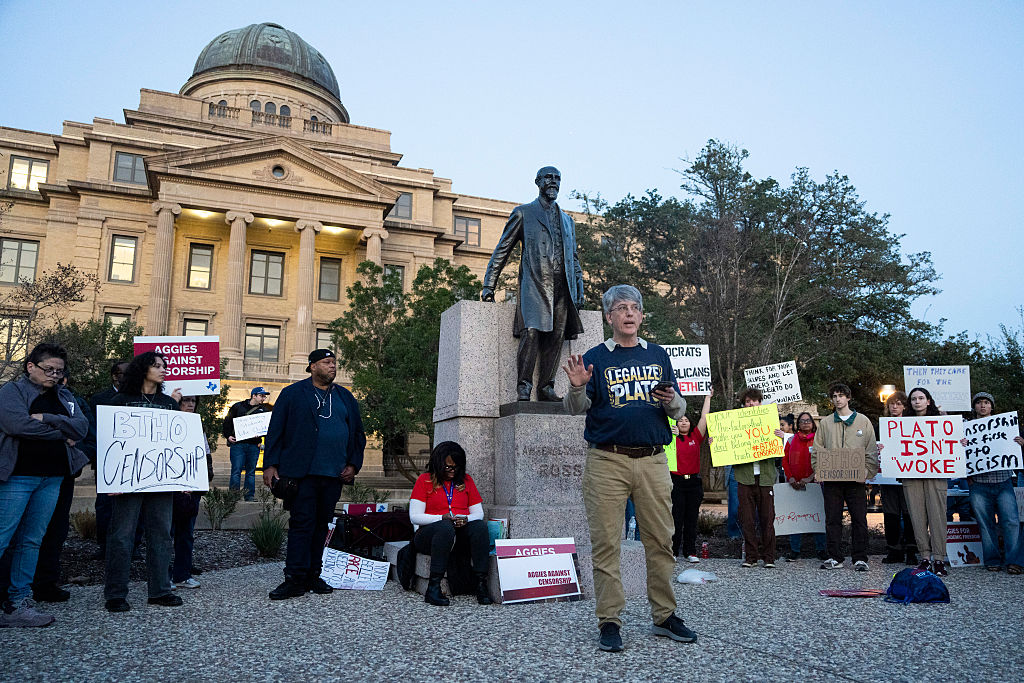Next Stop, Scotus: Prop 8 Case on the Move

June 5th marked a historic day
Marriage equality supporters in California rejoiced on June 5 when the U.S. Court of Appeals for the Ninth Circuit in San Francisco denied a request from anti-equality attorneys to reconsider its ruling in Perry v. Brown, which found California’s Proposition 8 unconstitutional.
Prop 8 banned same-sex marriages in that state by a voter referendum and has been embroiled in the courts ever since.
“This order is a great step forward to the day when all Americans will be able to marry the person they love,” said Plaintiffs’ lead co-counsel David Boies. “Today’s decision affirms what we have said from the beginning: Marriage is a fundamental right and the unjustifiable denial of that right seriously harms gay and lesbian couples and their families. This is a great day for all Americans who care about equality.”
Last February, a three-judge panel of the Ninth Circuit concluded that Proposition 8 violates the Equal Protection Clause of the Fourteenth Amendment to the United States Constitution.
“Proposition 8 serves no purpose, and has no effect, other than to lessen the status and human dignity of gays and lesbians in California, and to officially reclassify their relationships and families as inferior to those of opposite-sex couples. The Constitution simply does not allow for laws of this sort,” the majority of the panel wrote.
That ruling now stands, but the anti-equality side will almost certainly appeal. The next stop for Perry v. Brown is the U.S. Supreme Court, say legal experts.
“The final chapter of the Proposition 8 case has now begun. Should the United States Supreme Court decide to review the Ninth Circuit’s decision in our case, I am confident that the Justices will stand on the side of fairness and equality,” said American Foundation for Equal Rights (AFER) co-founder Chad Griffin.
AFER is the sole sponsor of Perry v. Brown, the federal constitutional challenge to Prop 8.












